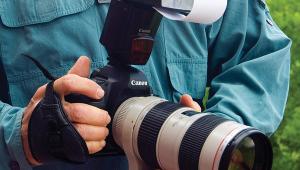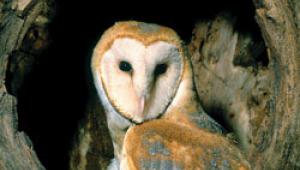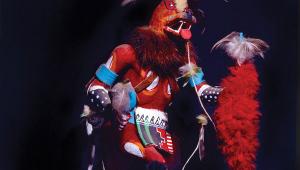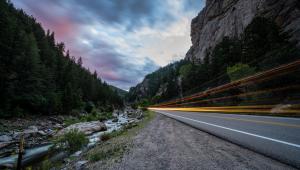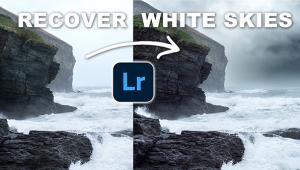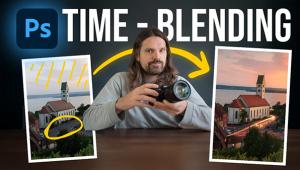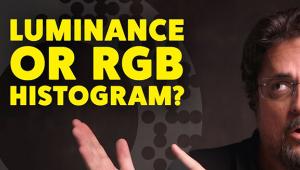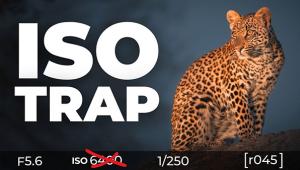Breaking the Four-Minute Mile
![]()
Breaking the Four-Minute Mile
By Ron Leach, Publisher
We recently returned from the 2006 PMA Convention and Trade Show in Orlando,
FL--the largest annual international trade show in our industry. With over
600 exhibitors, 20,000 attendees, and more than 200 educational sessions, this
four-day event is pretty much a "must see" for everyone in the imaging
business.
As always, an abundance of new software and hardware technologies were introduced
at PMA, as well as even a few film-related products. Perhaps the most striking
trend this year was the accelerating reduction in the prices of entry-level
digital SLRs from a number of manufacturers. With several digital SLR kits (a
body and a zoom lens) priced under $600, photographers can now step up to the
versatility of digital SLR photography for less than the cost of last year's
full-featured, fixed-lens "prosumer" cameras.
In 2003 Canon unveiled the first sub-$1000 digital SLR/lens combination, with
the introduction of their widely popular Digital Rebel. At the time, some industry
mavens viewed this achievement as the technological equivalent of a track-and-field
milestone set in 1954 by 25-year-old Englishman Roger Bannister when he recorded
the world's first sub-four-minute mile. Since Bannister's feat,
of course, four-minute miles have become rather commonplace. Obviously, so too
have sub-$1000 digital SLRs.
This year's stunning drop in the price of entry-level digital SLR cameras
comes at a opportune time for early adopters who are interested in buying a
second digital SLR with the enhanced features that have resulted from ever-evolving
imaging technologies. Mid-level digital SLRS can also be expected to offer an
increasingly attractive combination of features and value, as the trend toward
higher-resolution and improved functionality at lower costs continues unabated.
And now that "newcomers" Sony, Panasonic and Samsung have entered
the SLR fray, a variety of new options will be available to consumers as well.
Roger Bannister, by the way, retired from running to pursue a career as a neurologist
shortly after breaking the four-minute mile at Oxford. Canon, on the other hand,
has much more in store for us for years to come.

